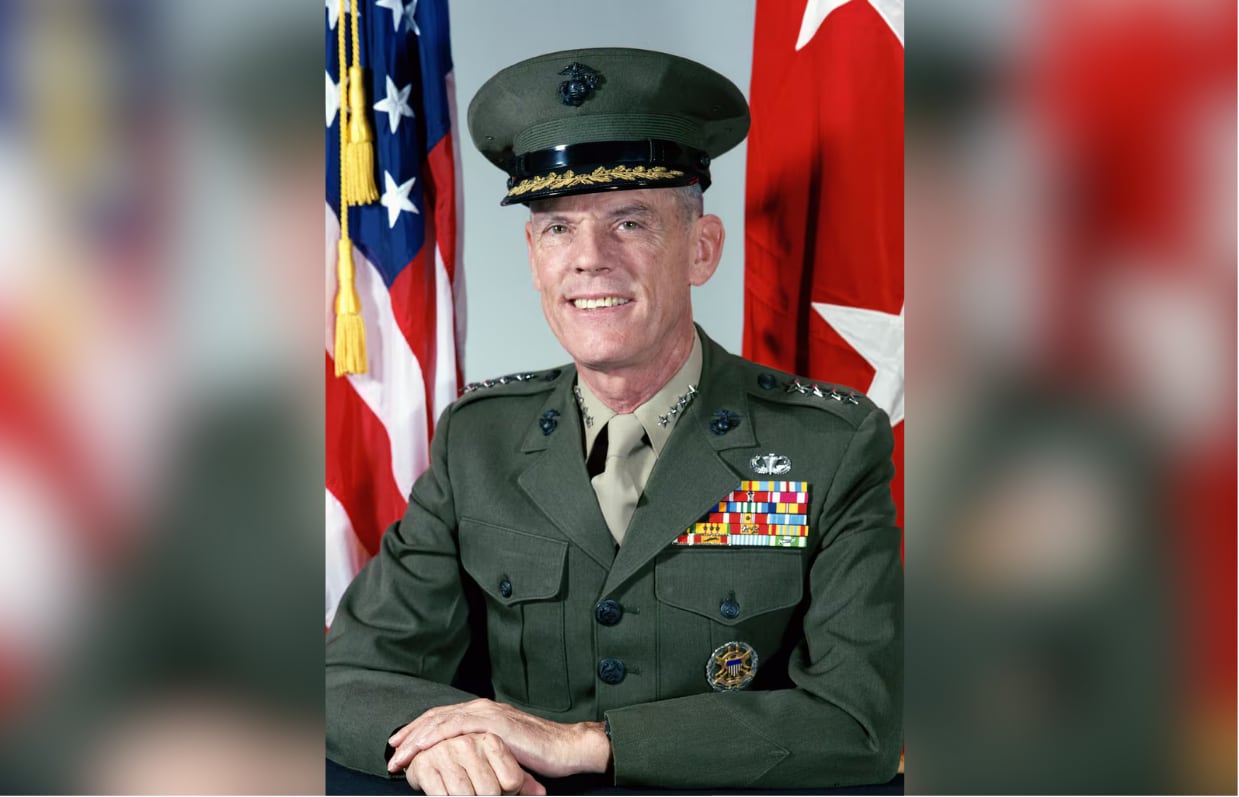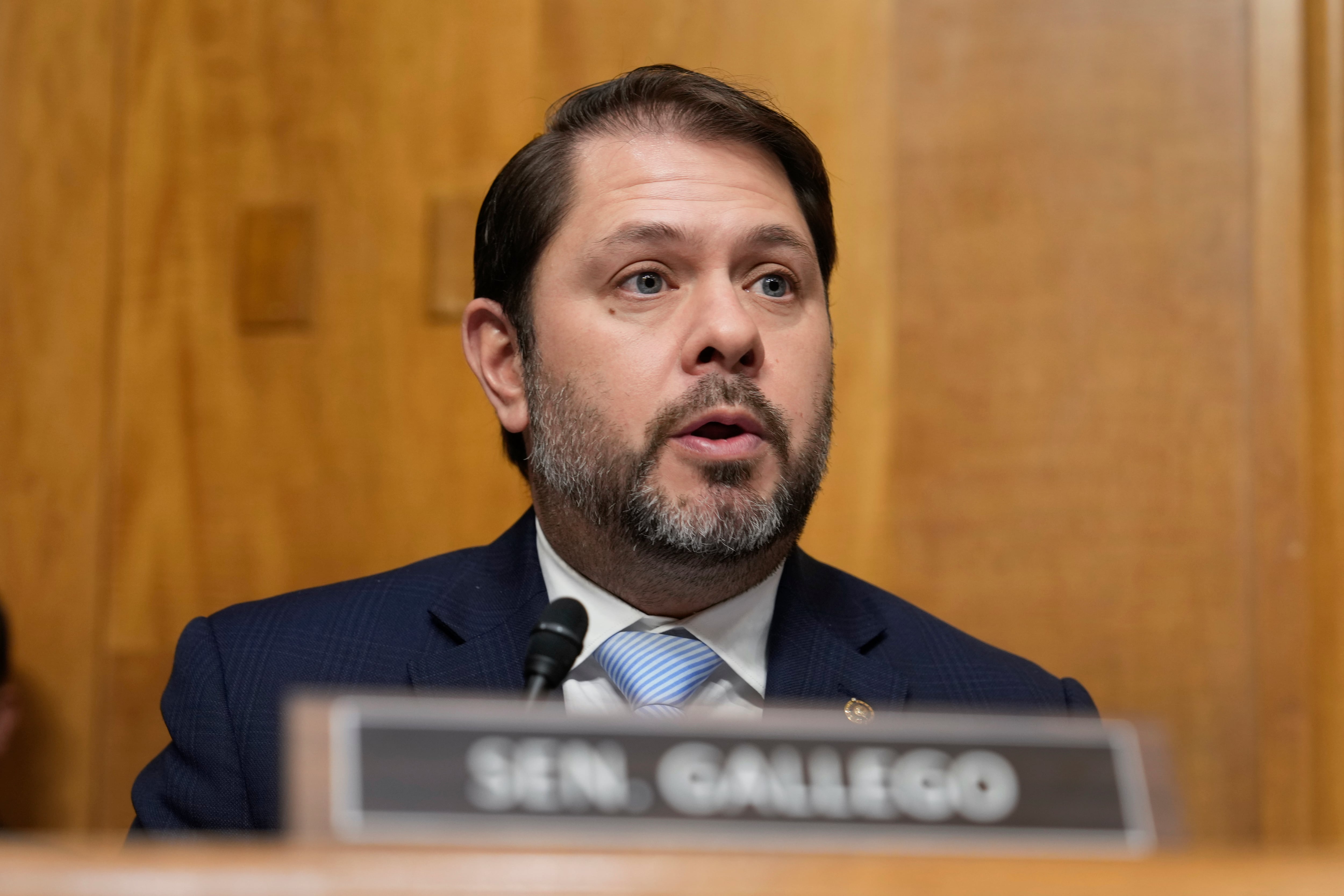The Marine Corps recently bid a final farewell to one of its own who played a crucial role in transforming the service when he assumed the helm of U.S. Central Command.
Gen. George Crist, 93, died July 26 in Beaufort, South Carolina, decades after retiring from the Marine Corps in 1988, following 36 years of service.
In his final posting, he led the newly established CENTCOM with few resources amid international incidents, including spillover from the Iran-Iraq War and growing threats in a region that would take center stage in U.S. military actions for the next three decades.
Crist’s leadership at CENTCOM paved the way for subsequent Marine Corps leaders such as Gen. Anthony Zinni, Gen. Jim Mattis, Gen. John Kelly, Gen. Joseph Dunford, and Gen. Kenneth McKenzie, friends and experts said.
RELATED
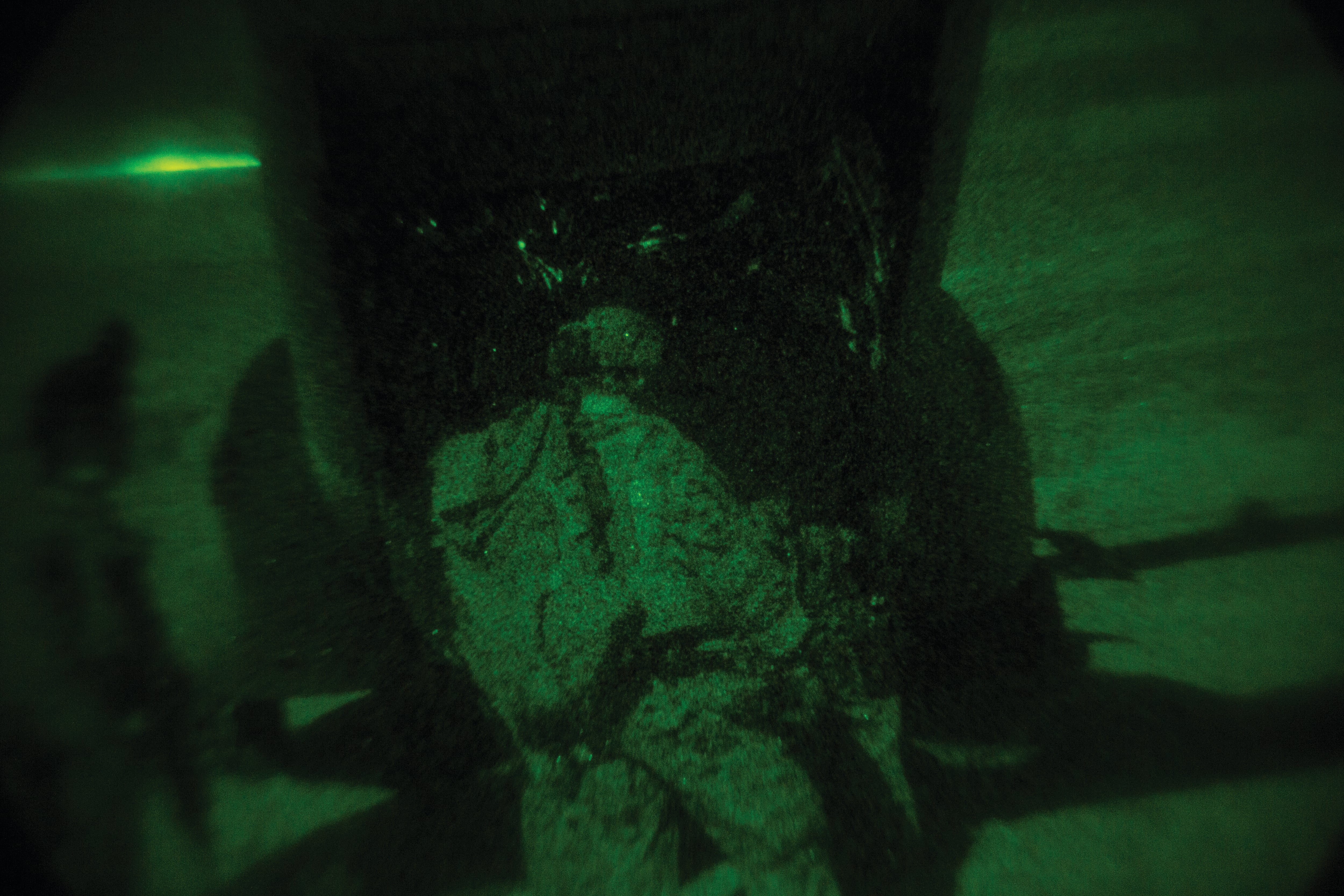
The Hartford, Connecticut, native was the son of a Navy captain, Marion Crist, one of the service’s first aviators.
But George Crist chose the Marine Corps despite his father’s advice.
The elder Crist saw the Corps at the time as a second-rate service, retired Col. David Crist, George’s son, told Marine Corps Times.
George Crist got to spend time aboard ship while in the Naval Reserve Officer Training Cadet program at Villanova University.
“He thought in the Navy you didn’t serve people, you served machines,” David Crist said. “And he wanted to serve people.”
A career that spanned decades
George Crist would see combat early in his career, serving in the 1st Marine Division in the Korean War.
After returning from Korea, Crist served as an aide to President Dwight D. Eisenhower. As a young captain, he first got a glimpse of each service’s role.
A few years later, shortly after his sons William and David were born, Crist would see firsthand how it was to work with the other services in a high-stress environment.
He was assigned to the Military Assistance Command Vietnam in 1964. He served in a joint U.S.-South Vietnamese headquarters under an Army officer. He worked on an assessment team, traveling the country, seeing a lot of combat and reporting back on how units were performing against the North Vietnamese.
“A lot of non-Marine assignments shaped his thinking,” David Crist said. “It happened absolutely by accident.”
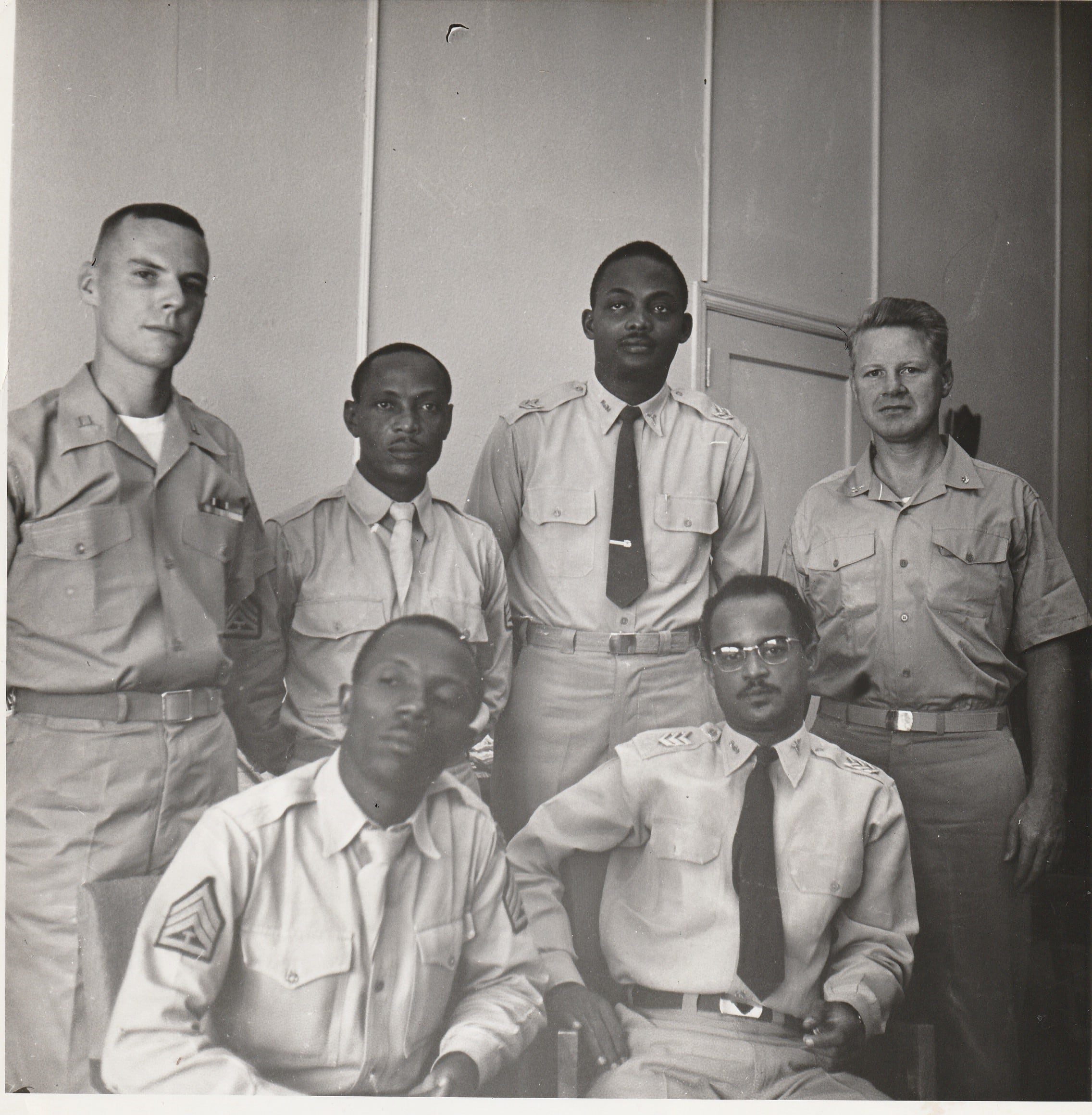
At the time, the services were far more closed than they would be in decades to come. Those early experiences gave Crist an understanding that many officers, regardless of service, but especially Marine officers, didn’t often receive.
In the late 1960s, he commanded the 2nd Battalion, 6th Marine Regiment, out of Camp Lejeune, North Carolina, before serving as a battalion commander with the 3rd Marine Division and then the 9th Marine Amphibious Brigade in Vietnam.
As Crist rose in the ranks, he bounced between operational commands and the Pentagon, seeing various sides of how the military worked at all levels.
He served as the vice director for the joint staff for the Joint Chiefs of Staff and helped assemble a peace force to support the surprise U.S.-led invasion of Grenada on Oct. 25, 1983.
In 1985, Crist promoted to general, becoming the first active-duty Marine to wear four stars without having served as commandant or assistant commandant.
Later that year, he assumed command of U.S. Central Command, which had only been established in 1983; prior to this, Middle East operations were managed by U.S. European Command.
The Middle East attained greater operational relevance following a series of tragic events in the late 1970s and early 1980s.
Those included the Iran hostage crisis from 1979 to 1981, during which more than 50 Americans were held hostage, and the 1983 terrorist bombing of the Marine barracks in Beirut, Lebanon, which killed three soldiers, 18 sailors and 220 Marines.
The year after Crist assumed command, Congress passed the Goldwater-Nichols Act, significantly altering how the Pentagon conducted operations. For the first time, a Marine served as a unified commander over all services in his assigned region.
Crist assumed these responsibilities amid a growing international crisis.
In 1984, Iraq launched the Tanker War, attacking oil terminals and tankers of Iran during the two countries’ decadelong war. Iran retaliated by targeting Kuwaiti tankers and other vessels, prompting U.S. intervention in 1986, including naval escorts in the Persian Gulf near the Strait of Hormuz.
On May 17, 1987, an Iraqi jet struck the U.S. frigate Stark with two missiles, killing 37 sailors and injuring another 21. Two months later, the Kuwaiti supertanker SS Bridgeton, flying a U.S. flag, struck an Iranian sea mine, damaging the hull.
The Pentagon responded by deploying more U.S. warships to the region and threatening retaliation for attacks on ships bound for Kuwait.
Between 1987 and 1988, at least 160 attacks occurred on vessels in the Persian Gulf.
In high command
During this period, Richard Armitage served as the assistant secretary of defense for international affairs under President Ronald Reagan.
He vividly recalls his meetings with Crist.
“He didn’t suffer fools,” Armitage said. “I’d go down and see him, he’d be behind his desk, a whip-thin Marine officer with a stern visage chain-smoking.”
Crist had the air of you do your business and you get out of his office.
“He was efficient, no bullshit and no games,” Armitage said.
In the early 1980s, the culturally the Marine Corps remained cloistered, Armitage said. They were content to stay in their lane.
However, leaders like Crist recognized the changing landscape and understood that operations couldn’t rely solely on one service; the Corps had an important role to play, he said.
Leaders like Crist, serving in these roles for the first time, helped create an “irrevocable change” in the service and altered the military’s approach to command, Armitage said.
Young Navy officer William Fallon was part of the next generation of officers rising to senior ranks following figures like Crist.
Coincidentally, the two were both Villanova University graduates, though years apart. It’s a history they share with Gen. Paul Xavier Kelley, the 28th Marine Corps commandant from 1983 to 1987 and Gen. Anthony Zinni, who led CENTCOM from 1997 to 2000.
Fallon would follow in both Crist’s and Zinni’s footsteps, leading CENTCOM from 2007 to 2008.
He put Crist in the ranks of Kelley and Gen. Al Gray, the Marine Corps’ 29th commandant, as Marine officers who pushed the Corps into new types of operations and military territory.
But Fallon doesn’t envy the challenges Crist faced when he took over the fledgling command in 1986. At that time, combatant commanders lacked their own forces and had to persuade the services to assign them troops.
“I suspect he spent a lot of time going around to the services trying to get them to provide those forces,” Fallon said.
The value of both CENTCOM and joint operations became evident in the following years, as they became standard practice for the services.
“I think he was a key transition man in those two areas,” Fallon said. “The Marine Corps growing these four-star joint leaders and putting together a command that was borne out of a necessity in that region of the world.”
Continuing his service
After he retired in 1988, Crist continued to play a role in military affairs as one of the earliest military consultants for major news operations.
Crist served as a consultant for CBS News for nearly a decade, providing commentary and analysis on the Gulf War in an era where few retired officers did so.
David Martin, a longtime Pentagon correspondent for CBS News, said Crist helped his bosses confirm the news he broke about the U.S. sending troops from the 82nd Airborne to support Saudi Arabia following the Iraq invasion of Kuwait in 1990.
The journalist would call on Crist frequently throughout the 1990s to check on information he’d gleaned.
The Pentagon quickly began doing “briefings” for the growing number of retired senior officers working with news agencies, attempting to spin stories in a favorable light, Martin said.
But Crist maintained his independence the whole time, he said.
“I’m not a fan of these consultants,” Martin said. “I’m a fan of George Crist.”
An enduring legacy and love of the Corps
Despite David Crist growing up in a Marine household, his father, ever the pragmatist, encouraged him first to look at the Army, saying that service had more career opportunities.
But just as his father didn’t listen to his grandfather, David didn’t listen to his dad. He commissioned in 1986 after graduating from the University of Virginia.
Shortly after the ceremony, he flew with his father MacDill Air Force Base in Florida, where CENTCOM headquarters is located. The new lieutenant was somewhat shocked to see three-star generals saluting his dad.
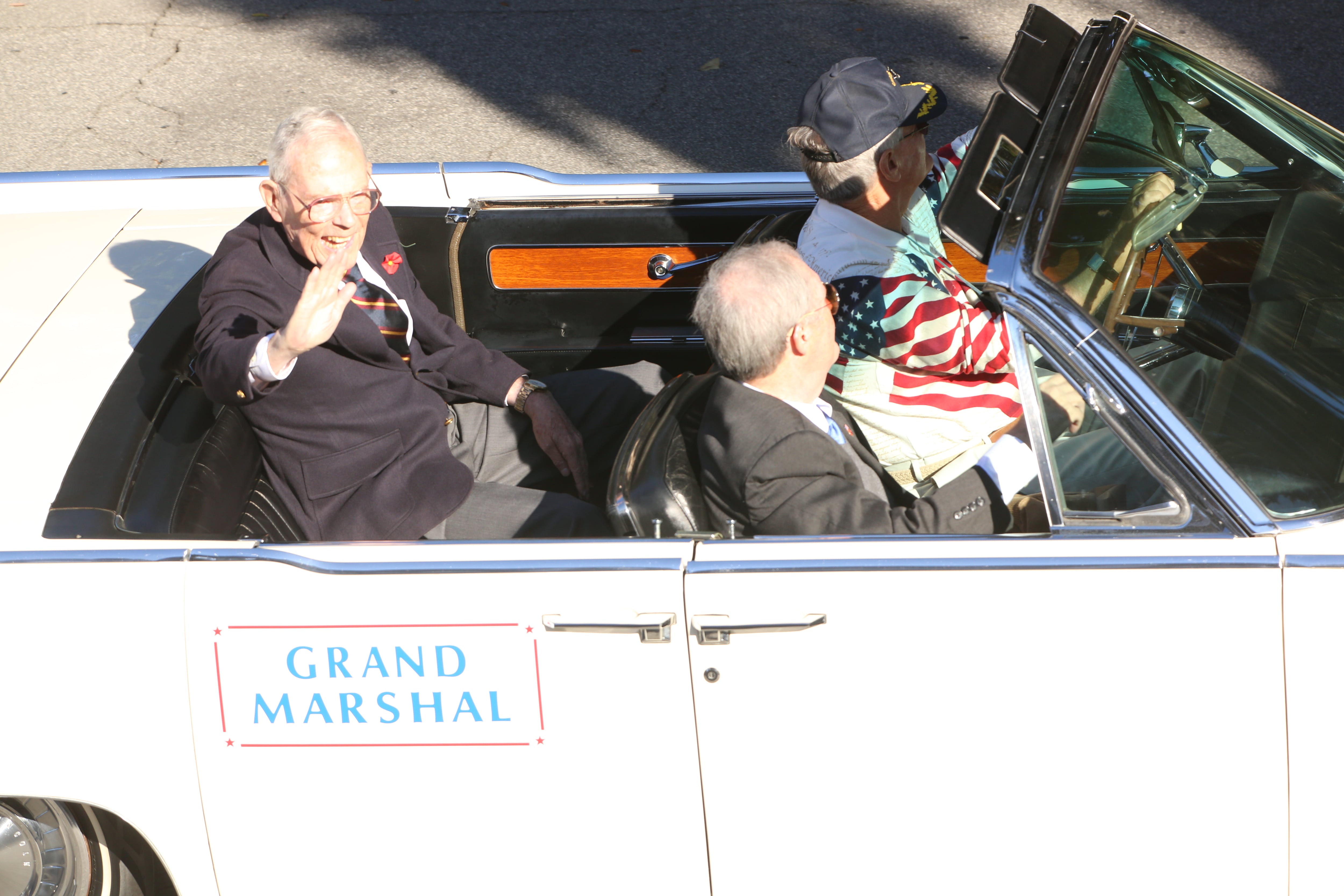
David Crist was a first lieutenant when his father retired. He served in the Gulf War and later transitioned to the Reserve, retiring as a colonel in 2020.
Along the way, he authored a book, “The Twilight War: The Secret History of America’s Thirty-Year Conflict with Iran,” which details much of what his father dealt with while in command.
His father’s handling of the Tanker War, which the general dubbed a “guerilla war at sea,” would later be studied by joint, naval and combatant commanders for lessons on how to build joint task forces, especially to fight irregular threats, Crist said.
But even with combat and command positions alongside all the services, George Crist knew his team and what it meant to him.
“He was a Marine through and through,” Crist said. “He loved being around Marines.”
Todd South has written about crime, courts, government and the military for multiple publications since 2004 and was named a 2014 Pulitzer finalist for a co-written project on witness intimidation. Todd is a Marine veteran of the Iraq War.
